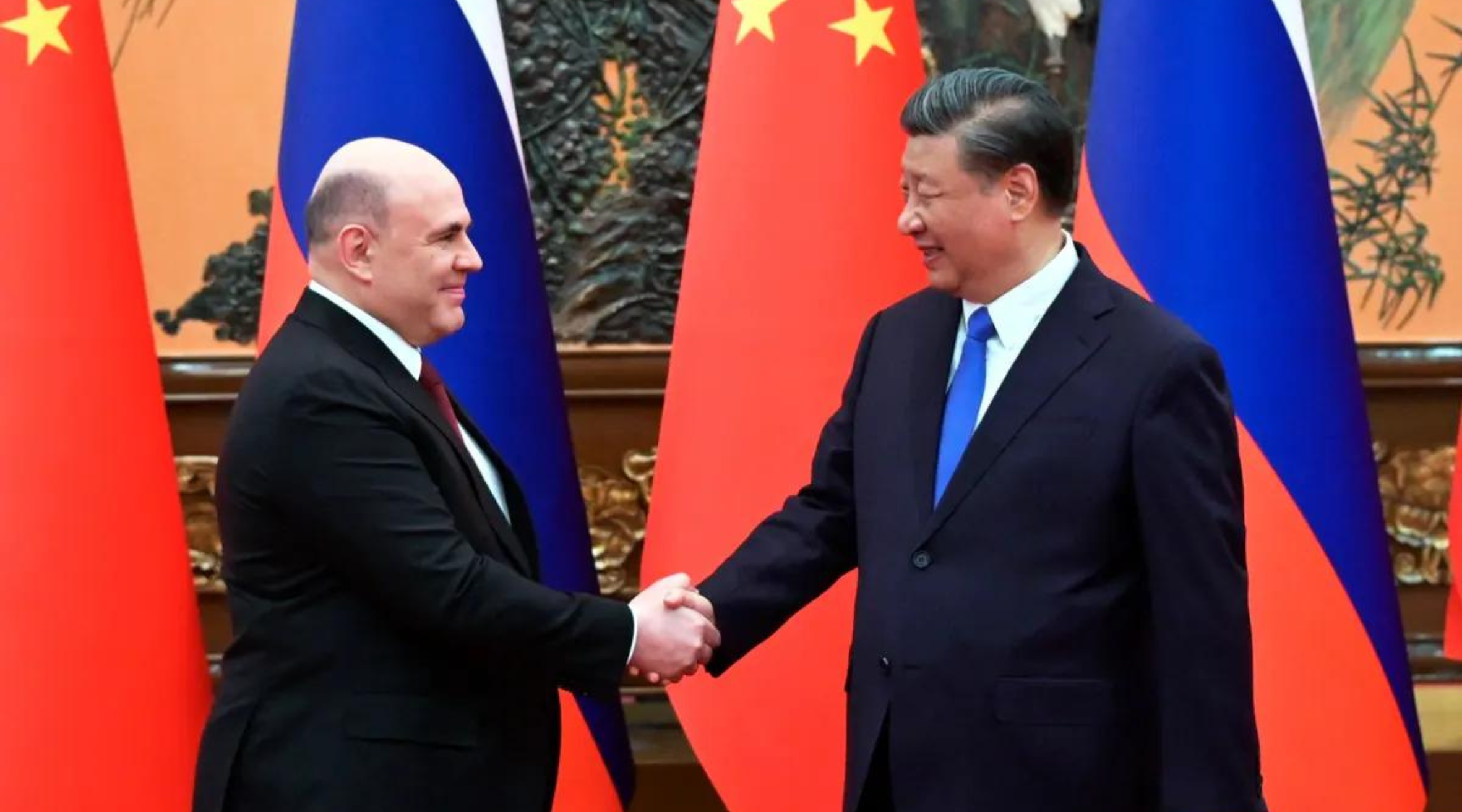Russia (Transatlantic Today)— In recent years, Russia and China have boosted their relationship as major commercial partners. However, the complexity of the Russia-Ukraine conflict, their divergent connections with the United States, and other considerations cast doubt on the genuine depth of the friendship between Russian President Vladimir Putin and Chinese President Xi Jinping.
Strengthening Ties Amid Global Unrest
According to Canal26, President Putin showcased the seemingly robust ties between Moscow and Beijing during a recent visit to China,. Over the past two decades, the two nations have deepened their relationship, creating what some perceive as a power bloc opposed to American hegemony. Yet, this perceived unity prompts a deeper examination: is it the result of the current geopolitical climate, or is it rooted in strategic calculations?
Geopolitical Interests Over Alliances
Geopolitical dynamics suggest that while alliances are temporary and circumstantial, interests are enduring. The true nature of geopolitical events often becomes evident through the analysis of actions and gestures, rather than rhetoric alone. This principle applies to Putin’s visit to China and the broader relationship between Russia and China.
Ecnocmic Alliance: Booming Trade but Underlying Imbalances
Proponents of a strong Russia-China alliance often cite the increasing commercial exchanges between the two countries. This partnership is largely driven by Russia’s abundant energy resources, which China imports in significant quantities. In addition to energy, Russia has begun transferring military technology to China, a shift from past practices. China, in turn, invests heavily in Russian manufacturing and advanced technology sectors, including microchips potentially used in the Russian defense industry.
Strategic Hesitations in Energy and Military Cooperation
Despite the growing economic ties, notable imbalances persist. Russia’s exports to China predominantly consist of raw materials such as gas and oil. China, aiming to diversify its energy imports, remains cautious about over-reliance on a single supplier, including Russia. This cautious approach is evidenced by the lack of progress on the Power of Siberia II gas pipeline project during Putin’s recent visit.
China’s self-sufficiency extends to the military domain, where it continues to advance its own weapons technology. As Chinese military capabilities improve, the dynamic of purchasing Russian military technology could shift, potentially reducing Russia’s role as a supplier.
Geopolitical Complications: The Ukraine War and US Relations
The ongoing war in Ukraine adds further complexity to the Russia-China relationship. China’s cautious stance on the conflict reflects its broader strategic interests, particularly its relations with the United States and Europe. Accusations from the US regarding China’s supply of dual-use technology to Russia suggest covert support, though China avoids direct confrontation with the US, likely to evade sanctions and maintain crucial trade relations with Europe.
A Complex and Strategic Partnership
While the Russia-China economic collaboration grows, underlying strategic concerns and geopolitical challenges indicate that the connection may not be as strong as it appears. Both countries traverse a complicated web of interests, alliances, and geopolitical factors that influence their dealings on a global scale.


























